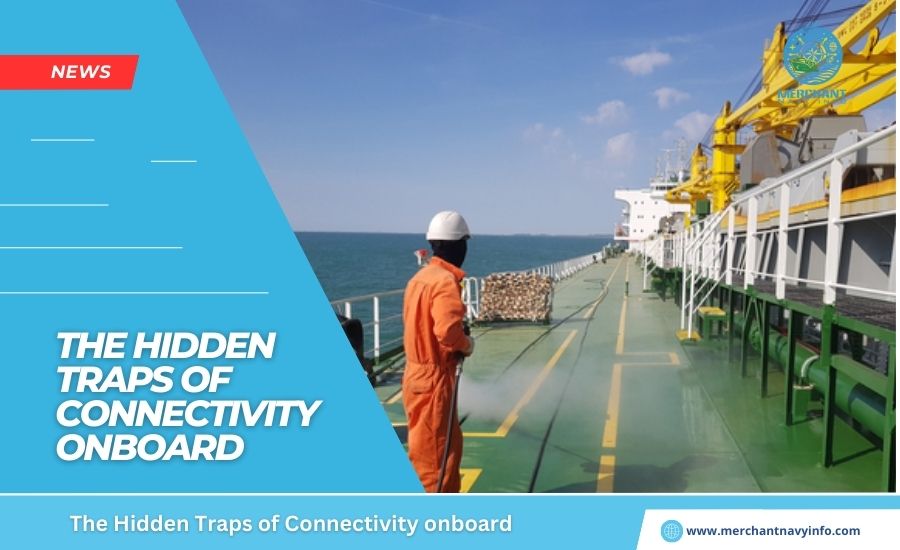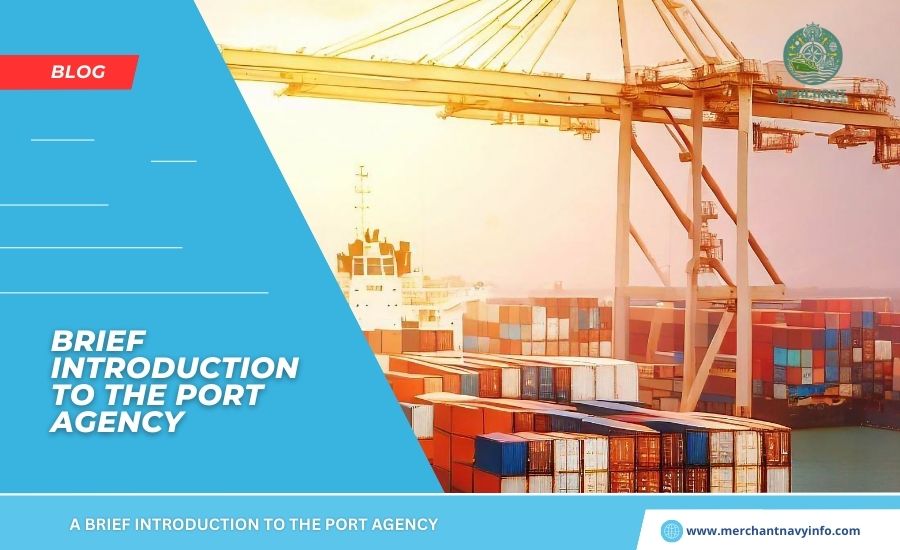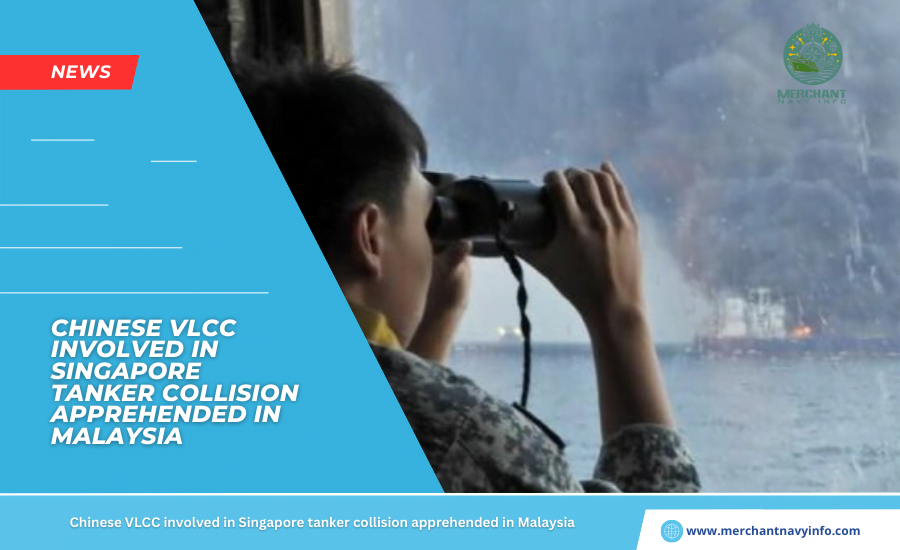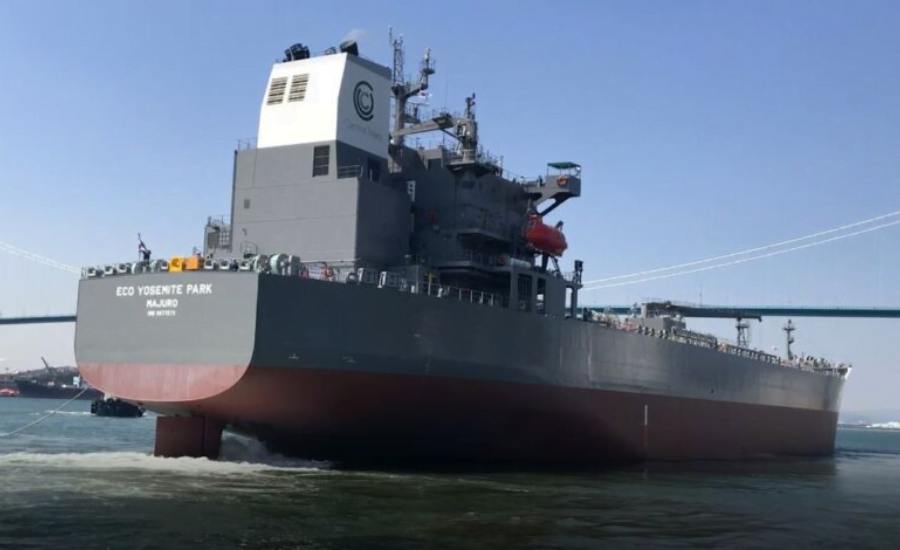
Improving communication for the crew is of utmost importance, but we must also address modern cyber threats and crimes that are the main hidden traps.
Areas Of Concern
1)Why Maritime Cyber Risk Management is Critical
It is no surprise that ships are using more and more systems that rely on digitalization, integration, and automation. As technology develops, the risk of unauthorized access or malicious attacks on ships’ systems and networks grows. For this reason, cyber risk management on board is critical. Risks may also occur from personnel accessing onboard systems, such as introducing malware via removable media.
Cyberattacks have been on a rapid rise in recent years, causing businesses to suffer huge financial losses in terms of recovery costs, regulatory sanctions, and collateral damages such as damage to reputation and trust. The fact that this trend is happening is not a secret. The maritime industry was previously believed to be safe from cyber threats due to the absence of internet connectivity and the remote location of ships in the sea. However, with the advent of the digital era, there has been a 900% rise in cybersecurity breaches targeting operational technology in this sector.
2) The Cost of Connectivity
Certain companies have raised concerns about the expenses of enhancing connectivity for their ships. They argue that installing an internet connection on board would decrease resources for other essential areas. With shipping firms already grappling with significant financial losses, particularly due to the COVID-19 pandemic and the ongoing Russian-Ukrainian conflict, limiting their budget to different areas to have internet connectivity on board seems illogical to them.
3) The Double-Edged Sword of Connectivity
Some companies have found that giving internet access to seafarers can be distracting because it shifts the crew’s focus, and they cannot do their job properly. Providing internet access to seafarers could lead to them using social media instead of resting or relaxing. Research has shown that using electronic devices before bedtime can negatively impact sleep quality. It is easy to lose track of time online, leading to fatigue without awareness. Improving onboard connectivity is a significant challenge to maintaining work efficiency. Many businesses believe that the use of portable electronic devices (PEDs) can cause distractions visually, manually, and cognitively. Although it may be tempting to bring cell phones and laptops on the bridge where there is connectivity, it is considered a maritime risk.
4) Finding out “bad news”
Another important aspect that should be highlighted is that some seafarers may experience distress due to the fear of “missing out” and being “left out” of their friends and families. What is more, finding out “bad news” can be devastating to the seafarers’ mental health since they will feel helpless and “trapped” on board. This is why some experts believe having no internet connection might be safer.
5) Social isolation
We must remember that a ship is not just a place of work; it is a seafarer’s home for the whole trip. Some companies believe that providing seafarers cell phones and communication can promote employee isolation, with crewmembers spending time alone in cabins.
In a small ship society, communication and the relationships between the crews are critical. It can be problematic if you have a problem with someone and prefer to self-isolate and watch a movie instead of discussing it with them. Seafarers need social interaction with their mates to offset the stress and loneliness of the job; excessive internet use can be a major trap.
Connectivity is a fundamental right.
Internet access is a fundamental right. Denying it can negatively affect well-being and deprive seafarers of useful information and social connections.
Seafarers face limited internet connection at sea, which hinders their access to online content and communication with family and friends. Video calling is crucial in maintaining emotional connections, allowing them to “see” their loved ones even through a screen.
Internet access onboard ships is becoming more widespread and available than previously imagined. According to a high-level study conducted by ICS and ECSA in 2019. It is a survey by Nautilus International revealed that access to the internet makes seafaring more bearable and attractive. The positive benefits of this access could outweigh the feared safety concerns around the technology.
Research has confirmed that onboard connectivity has improved seafarers’ mental health and well-being. At the same time, it is seen as a major force to attract future generations into the sector.










